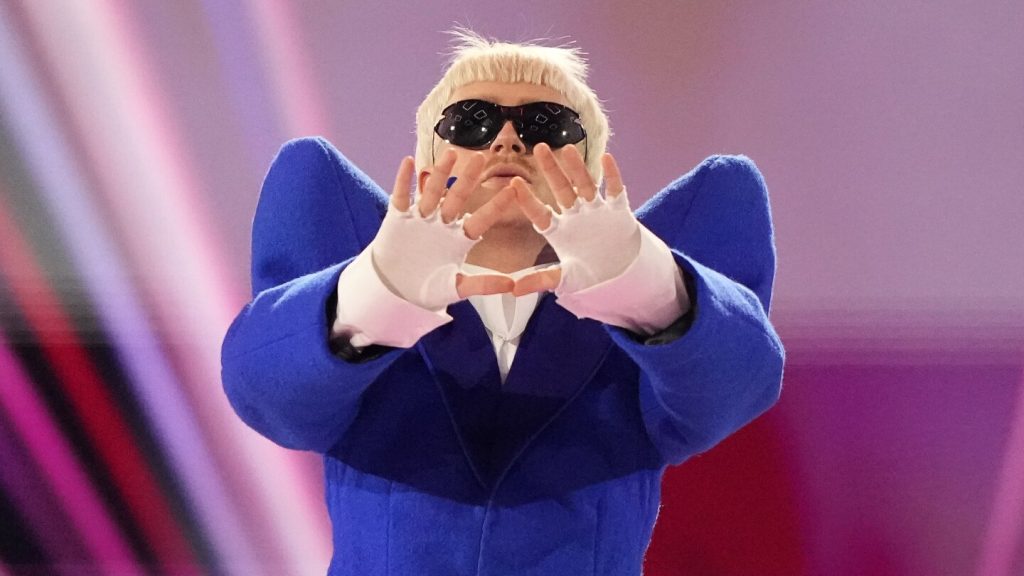In a surprising turn of events, the Netherlands’ contestant in the Eurovision Song Contest was expelled from the competition just hours before the final. The European Broadcasting Union stated that Swedish police were investigating a complaint from a female member of the production crew about Joost Klein, leading to his disqualification. Klein had missed two dress rehearsals and organizers were looking into an incident, although they clarified that it did not involve any other performers or delegation members. This development marked the first time in Eurovision’s 68-year history that a contestant had been disqualified at such a late stage.
As a result of Klein’s expulsion, he will not receive any points from national juries or viewers, and the Netherlands’ name will not appear on the contest scoreboard. Dutch viewers can still participate in voting, as Eurovision rules prohibit voting for one’s own nation. The Dutch broadcaster AVROTROS expressed shock and disappointment over the decision, stating that Klein had made a threatening movement towards a camera without consent, but did not touch the camera or the camerawoman. They described the punishment as heavy and disproportionate, emphasizing the impact on fans who had been eagerly anticipating Klein’s performance.
The 26-year-old singer and rapper had been a favorite among bookies and fans with his song “Europapa,” a lively Euro-techno track celebrating the continent’s diversity as well as paying tribute to his deceased parents. Despite the setback, fans like Dave Adams, who had dressed up as Klein, shared their disappointment but hoped for a successful outcome in the competition. The incident has added another layer of controversy to this year’s Eurovision, which has already been the subject of protests due to the inclusion of Israel and its actions in Gaza. Divisions among viewers and participants have highlighted the ongoing tensions surrounding the event.
The unprecedented nature of Klein’s disqualification has sparked conversation and debate within the Eurovision community, with many questioning the handling of the situation by organizers and broadcasters. The sudden removal of a contestant so close to the final has left fans and participants stunned, with some expressing concern over the impact on the overall competition and its integrity. As investigations continue into the backstage altercation and the circumstances surrounding Klein’s expulsion, the future implications for Eurovision and its participants remain uncertain. Despite the setback, the show must go on as the remaining contestants prepare to compete for pop music glory on the Eurovision stage.


